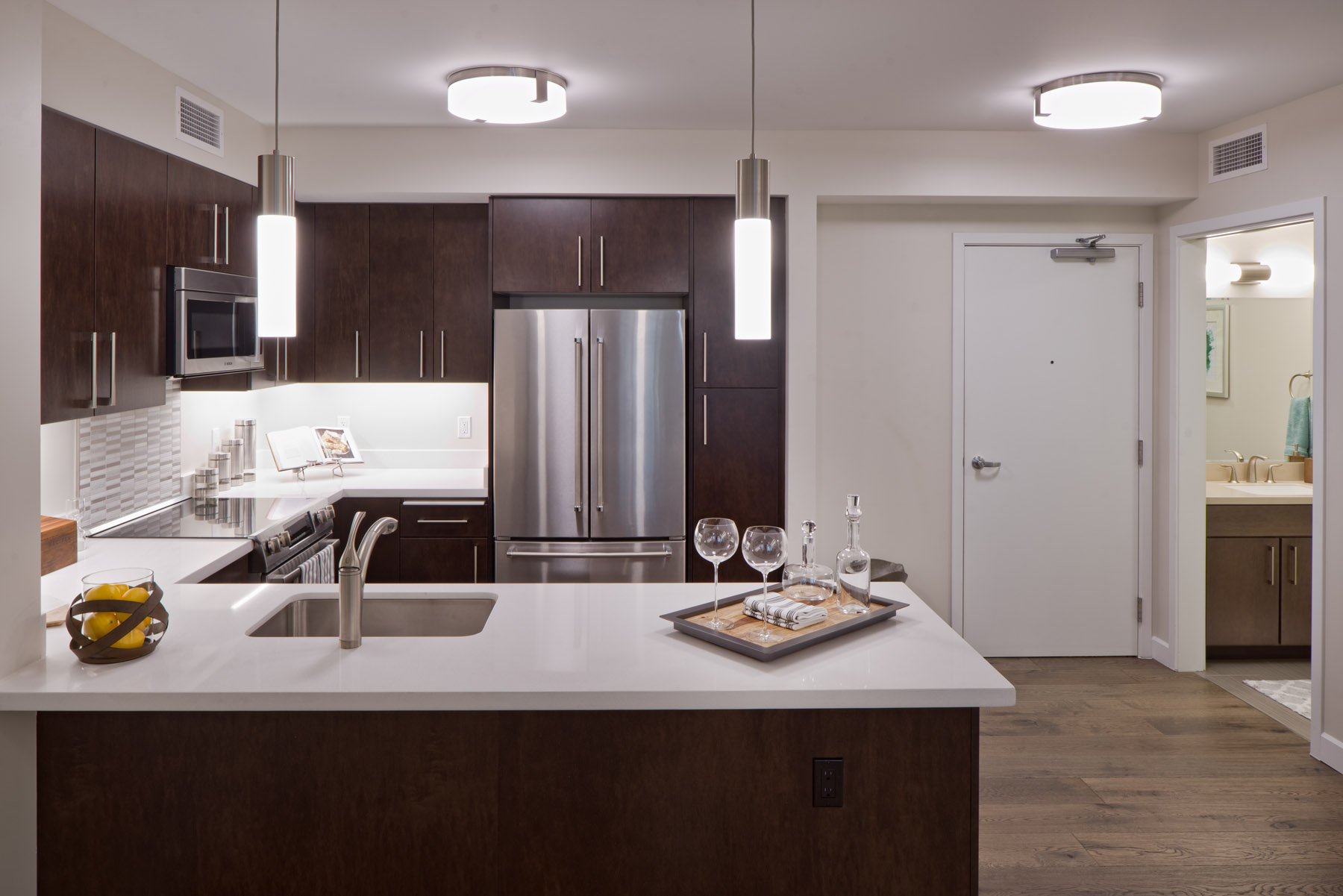Never Stop Growing at Viamonte.
Viamonte at Walnut Creek is a bold new vision in retirement living for those 60 and older that anchors a walkable neighborhood of shops and restaurants with the peaks of Mount Diablo as a stunning backdrop. Featuring close to 200 architecturally distinctive residences, Viamonte places its residents at the intersection of nature and culture, serenity and vitality, creative cuisine and cosmopolitan shopping.


Community Living
The Viamonte Experience
Viamonte provides common spaces that invite interaction and residential spaces that promote privacy.
Learn about the Lifestyle
Viamonte provides a setting in which residents are free to create a style of living in retirement that fits their priorities.
Food is our Passion
Enjoy the flexibility of dining in the venue of your choice.
Welcome to the Neighborhood
As a part of The Orchards at Walnut Creek, a dynamic mixed-use lifestyle center that features the finest architectural and landscaping designs, a state-of-the-art grocery store, retail, and unique outdoor social spaces, Viamonte and its residents are closely connected to the wider world around them.
Shopping
In terms of proximity and access, there has never been a senior living community to compare with Viamonte at Walnut Creek. Enjoy the state-of-the-art fitness facilities at our gym and spa. Take a scenic one-mile walk around the block. Stroll into The Orchards for convenient shopping, dining, and socializing.
Exploring the Area
Investigate the attractions of beautiful downtown Walnut Creek. Take a shuttle to the BART station to access the treasures and pleasures of the Bay Area. Or, to enjoy a more elevated point of view, hike the nearby trails of Mt. Diablo.
We Believe
FREQUENTLY ASKED QUESTIONS
Got a question for us? Take a look below at our list of Frequently Asked Questions addressing a range of topics. Still haven’t found your answer? Visit the Contact Us page or give us a call!
